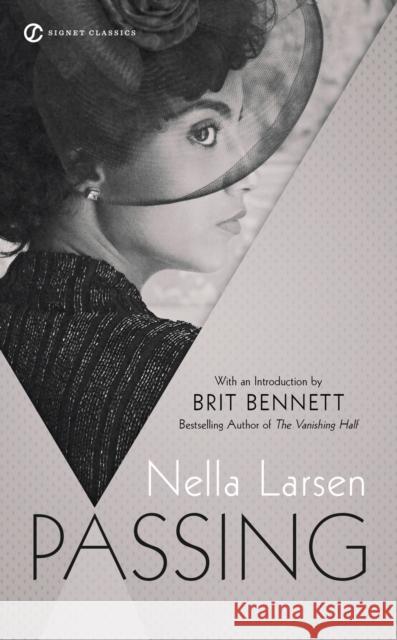Passing » książka
topmenu
Passing
ISBN-13: 9780593437841 / Angielski / Miękka (mass market paperbound / 2021 / 176 str.
Passing
ISBN-13: 9780593437841 / Angielski / Miękka (mass market paperbound / 2021 / 176 str.
cena 26,57
(netto: 25,30 VAT: 5%)
Najniższa cena z 30 dni: 24,86
(netto: 25,30 VAT: 5%)
Najniższa cena z 30 dni: 24,86
Termin realizacji zamówienia:
ok. 16-18 dni roboczych.
ok. 16-18 dni roboczych.
Darmowa dostawa!
Kategorie:
Kategorie BISAC:
Wydawca:
Random House USA Inc
Język:
Angielski
ISBN-13:
9780593437841
Rok wydania:
2021
Ilość stron:
176
Waga:
0.09 kg
Wymiary:
17.02 x 10.41 x 1.27
Oprawa:
Miękka (mass market paperbound
Wolumenów:
01
Dodatkowe informacje:
Bibliografia











